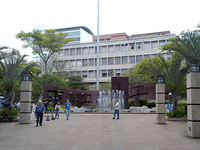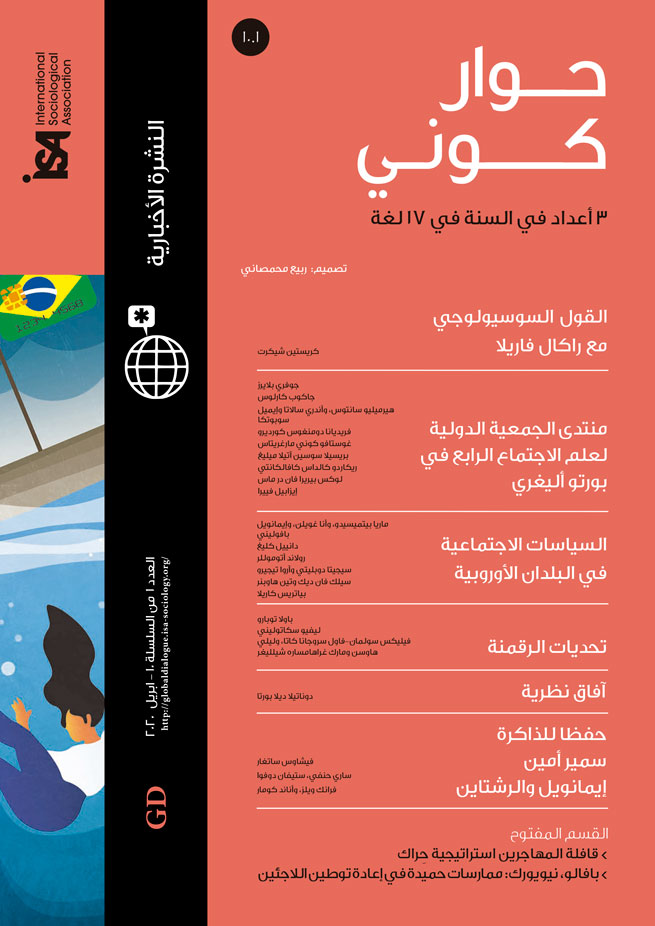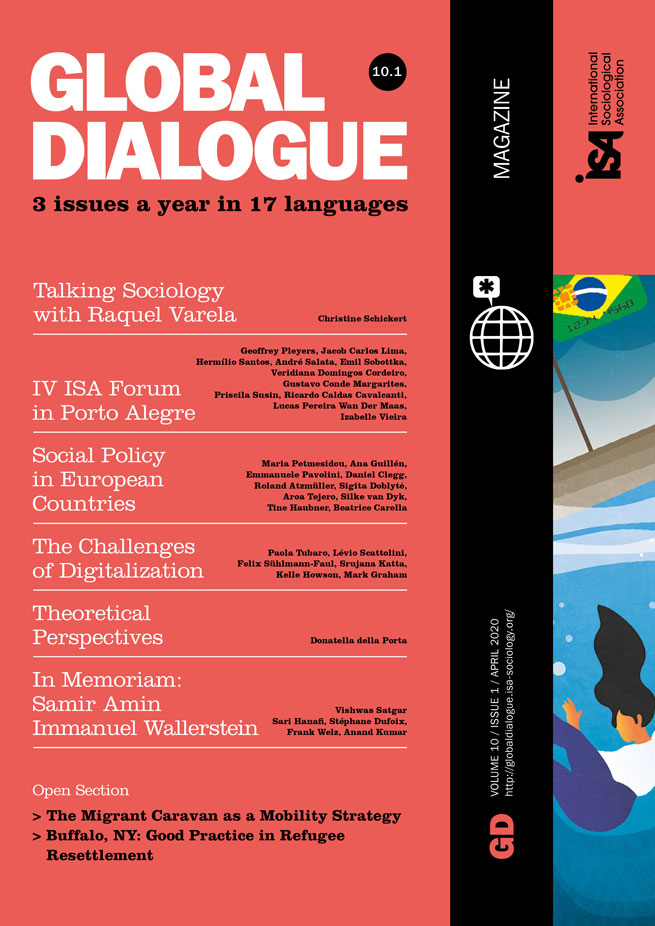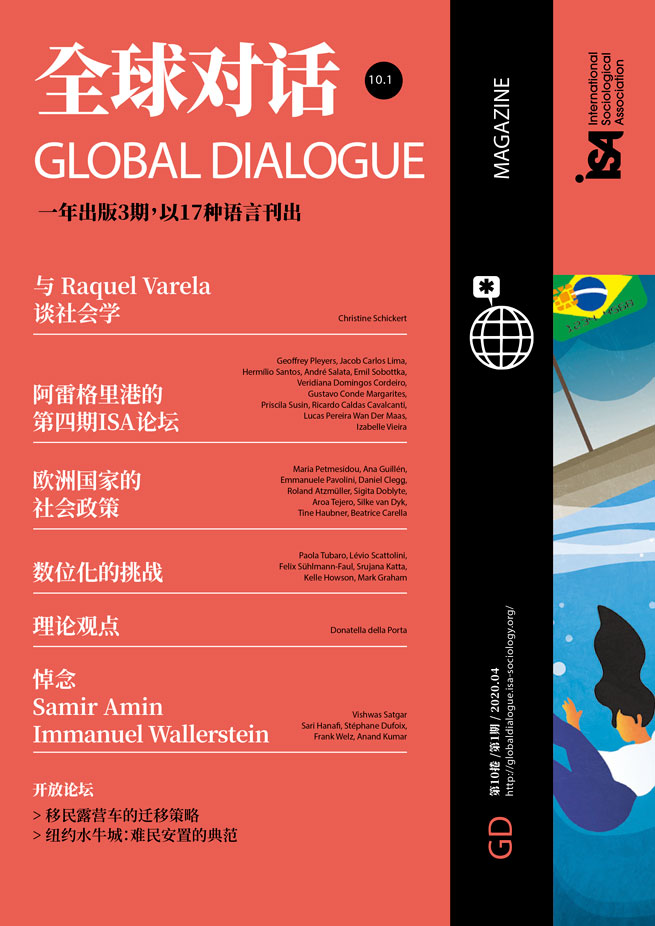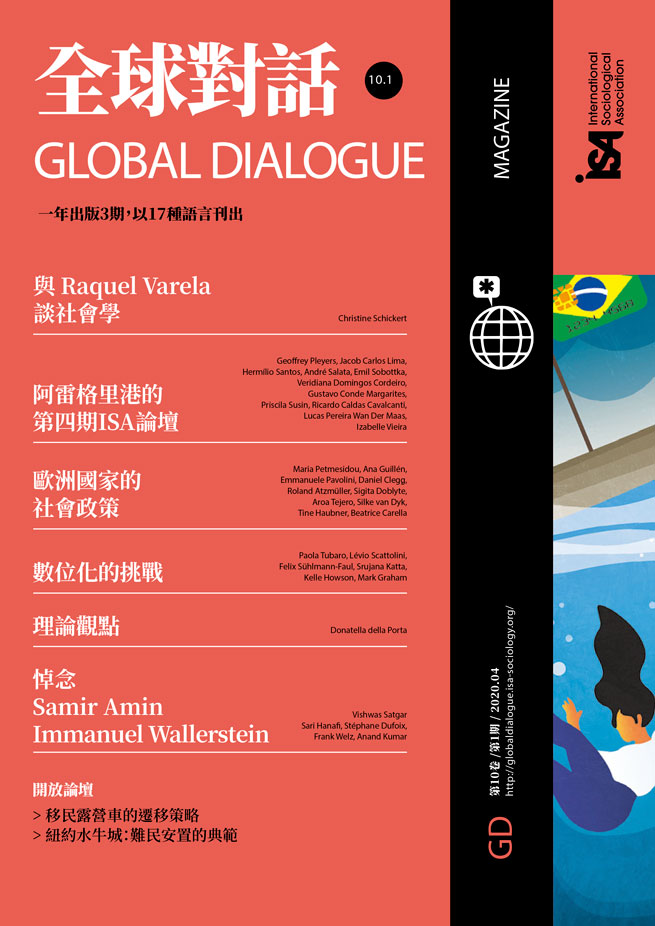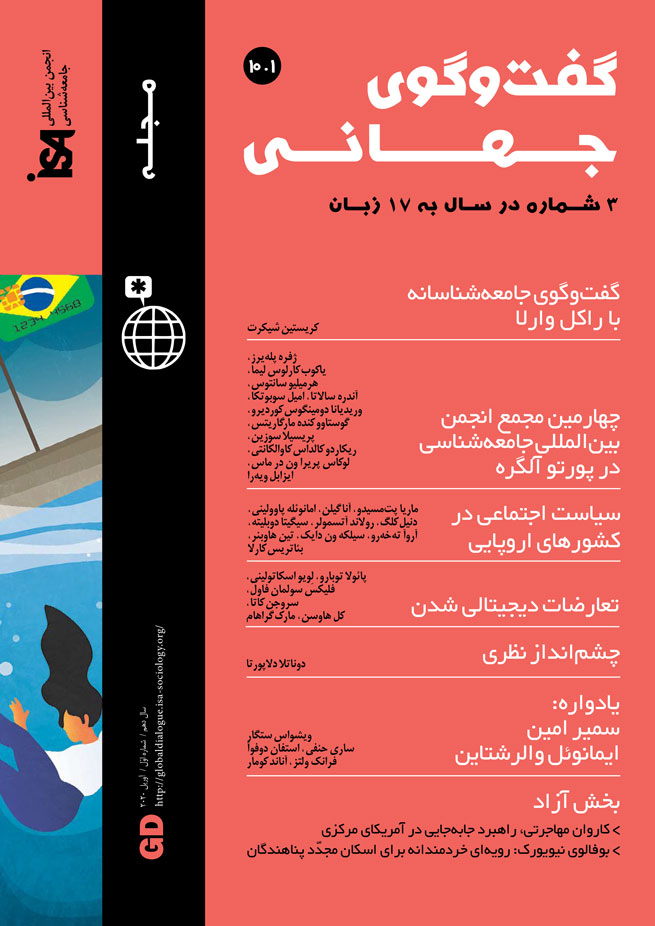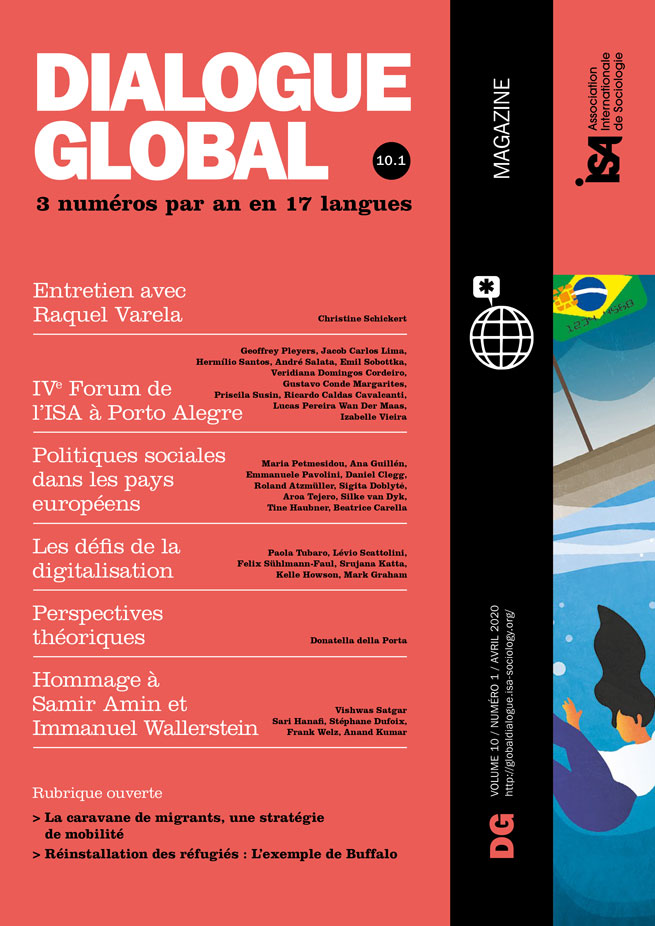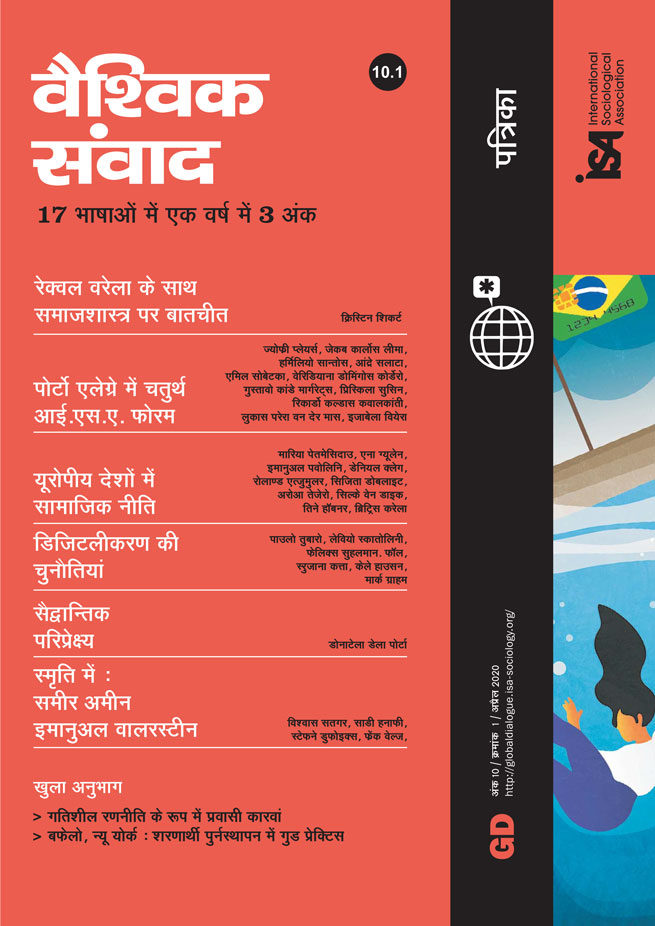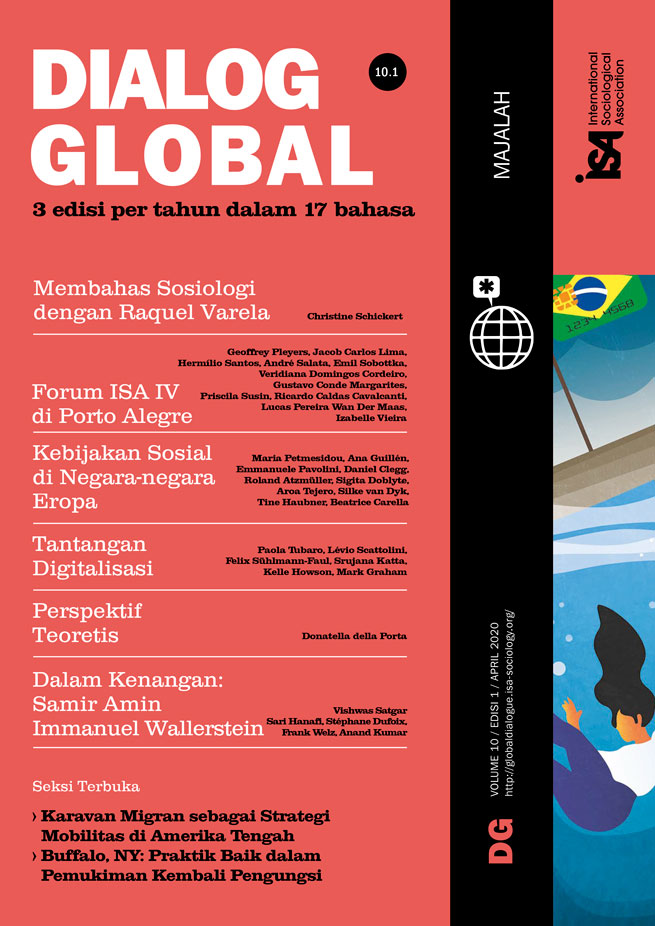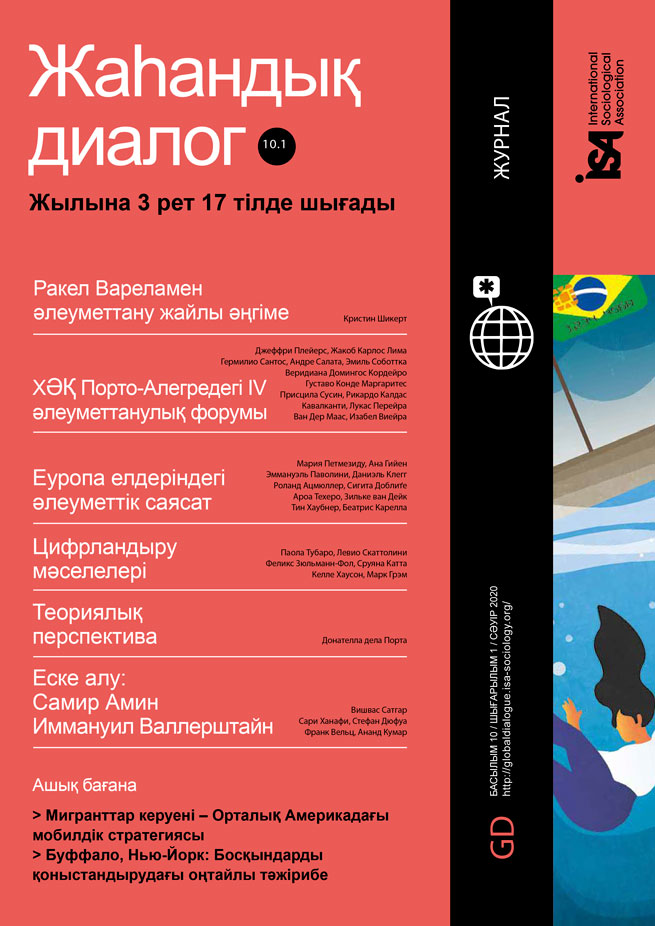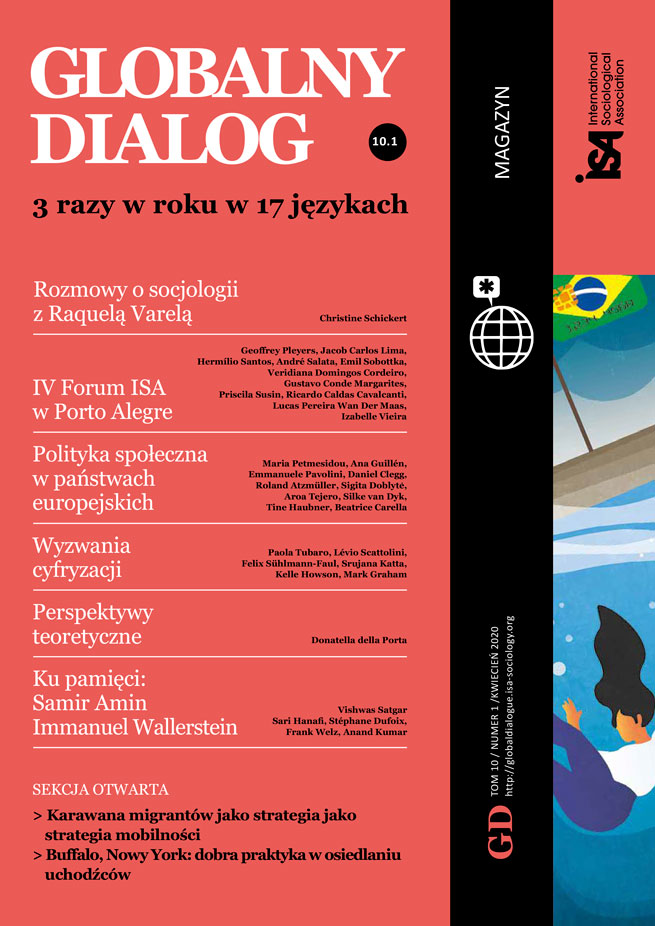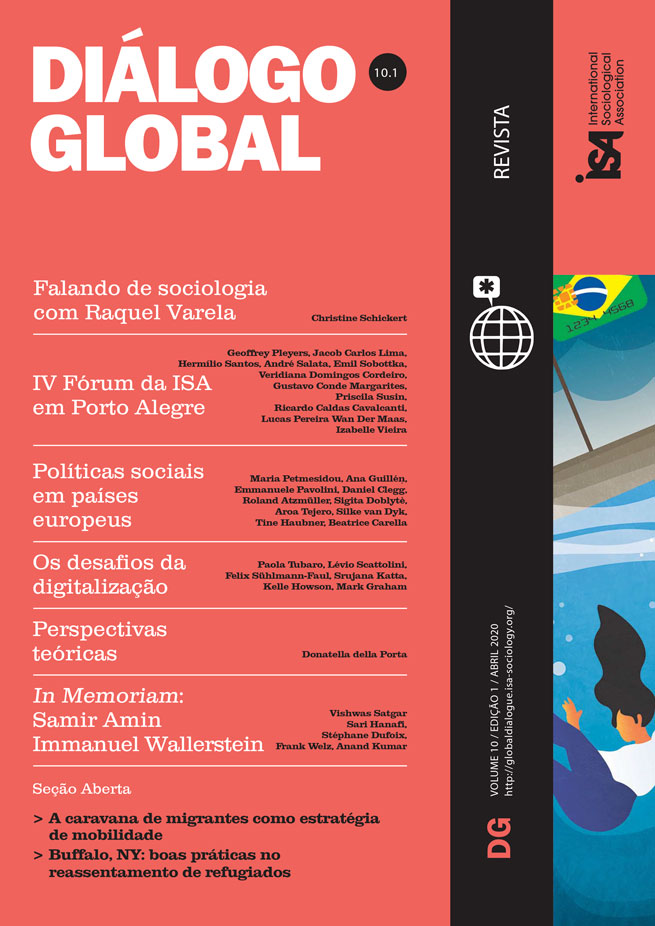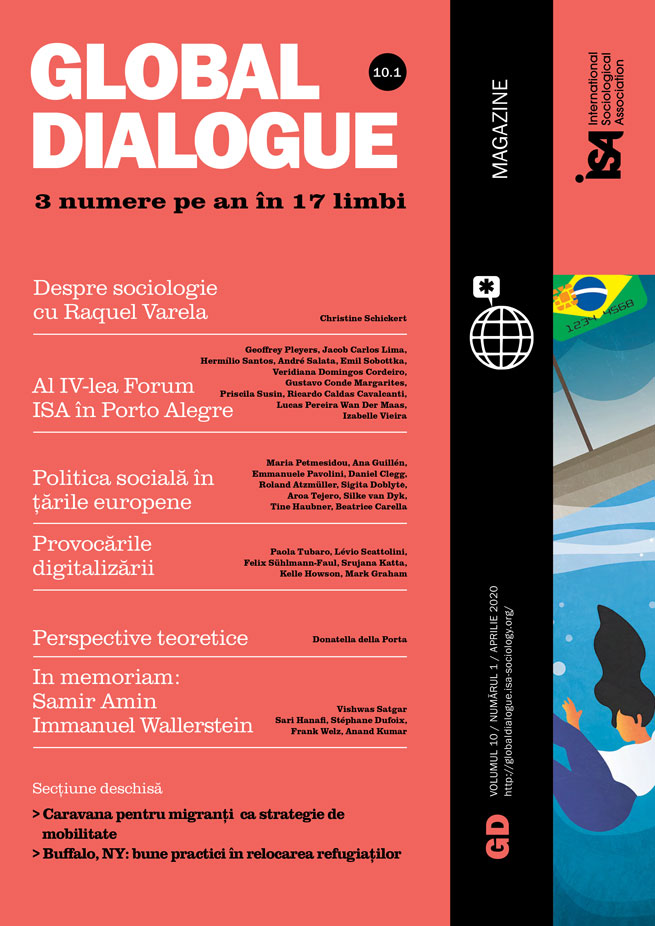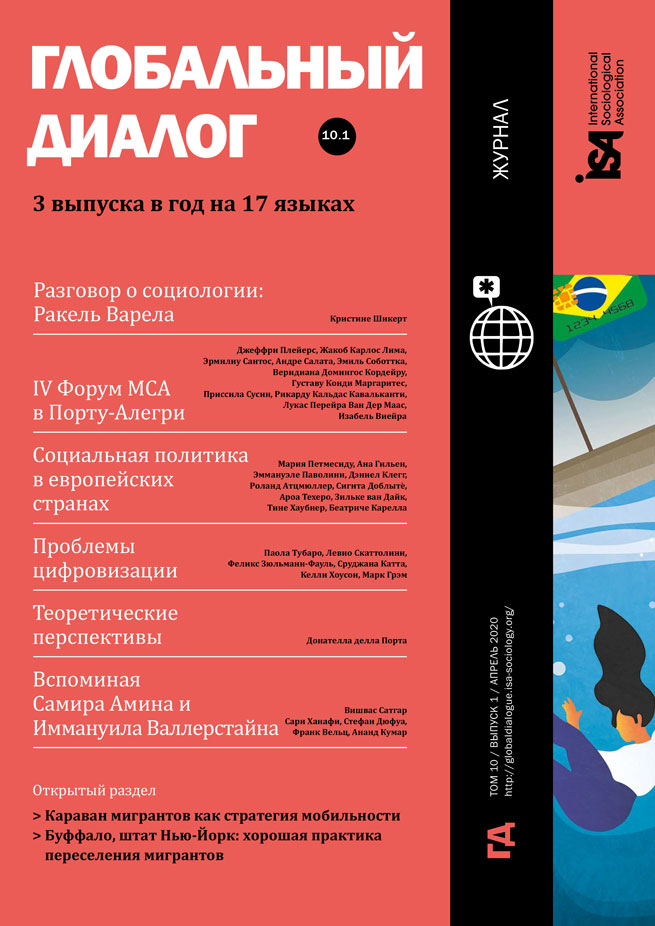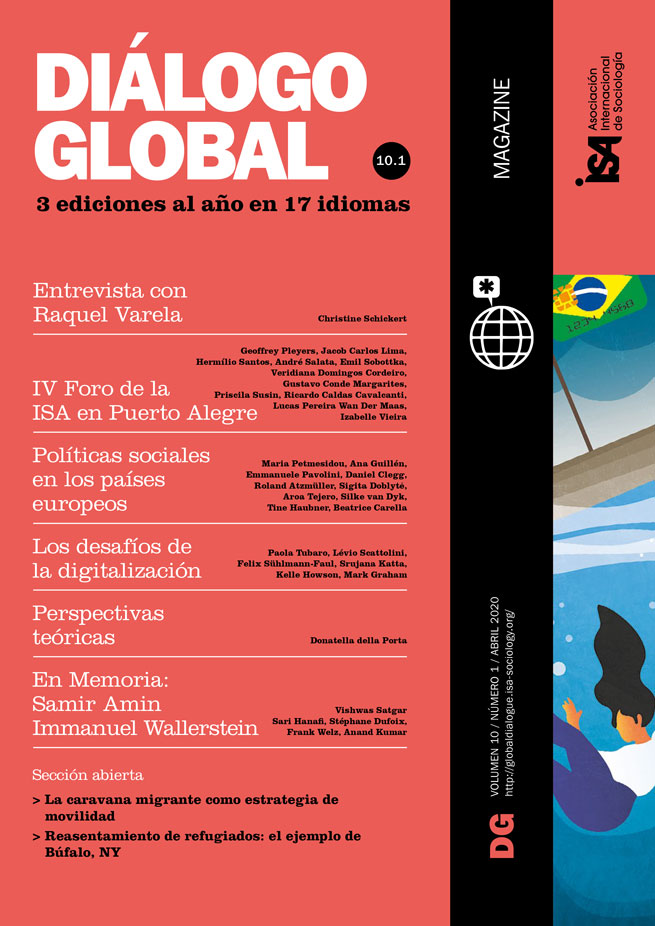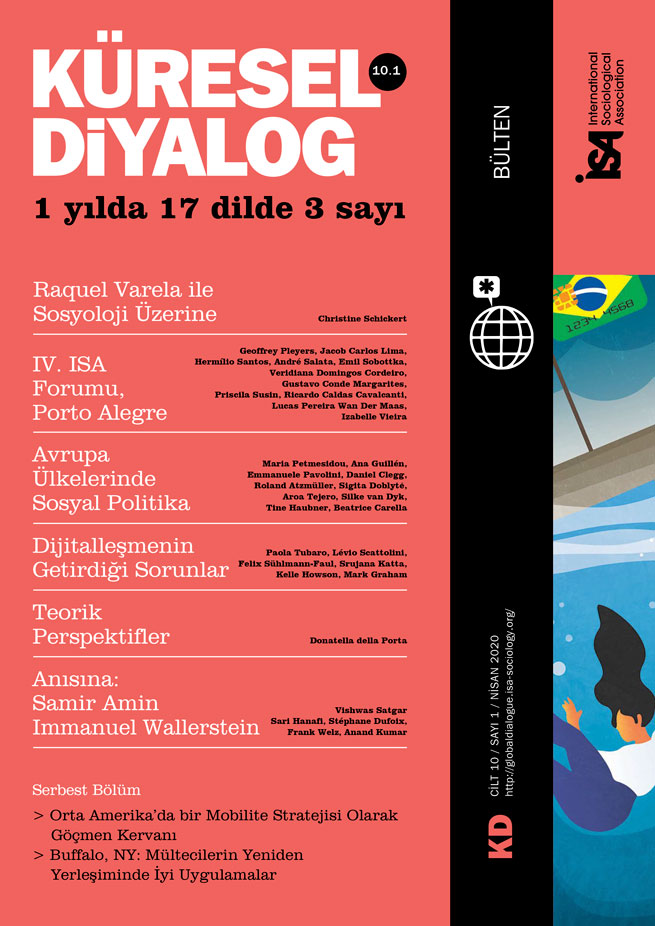The issue of governance or (formal and informal) regulation of violence in disenfranchised territories in Latin America has been the subject of sociological research for many years. This study, which was the subject of my master dissertation, was developed with the objective of analyzing and understanding how violence is regulated in a community in the southern part of Recife, Brazil without the mediation of state institutions. In practical terms, non-state regulation of violence means the formation of agreements between local actors allowing them to produce understandings and resolutions (outside or against the state).
The central hypothesis of the study is that the performance of police organizations and the lack of legitimacy of the criminal justice system in the Brazilian context are creating a demand for alternative forms of governance of violence. Other important variables whose dynamics directly affect the regulation of local violence are the functioning of drug markets whose fragmentation precludes the consolidation of monopolizing regulatory practices, and the existence of informal networks of local actors capable of affecting homicide statistics. The data collection strategies employed in this research were: an ethnography (I lived for five months in a low-income community in Recife), dozens of formal and informal semi-structured interviews, and non-participant observation.
The central finding of this ongoing research leads me to argue that the mode of action of the Military Police (PM) in the community in question is the main explanatory mechanism for the need to search for alternative forms of order enforcement. In the community, the PM acts with little accountability, changing routines through unpredictable actions that, as a rule, involve the disproportionate use of force and a series of constraints for residents. As for the judiciary, it is an institution with low legitimacy and little effectiveness in mediating conflicts.
Possibly the most relevant finding of this research is that the pattern of regulation of violence in the community is commanded or authorized by local actors with a relative stock of legitimacy among residents. This is a process where there are no regular prescriptive systems of fixed social actions or roles, as for example in the Mafia cases (Gambetta, 1993), or those of the Primeiro Comando da Capital (PCC) (Feltran, 2010). There is also no role of local gangs, as in the cases researched by Bourgois (2003) and Venkatesh (2009).
Although these actions do not promote lasting transformation by reducing the number of violent episodes, they exhibit an apparent functionality, as such actions would achieve, more legitimately than police action, some control over violence. They may function as a more or less intentional mechanism for conflict mitigation rather than as a permanent framework for contention reduction. The fact that the protagonists of regulation usually act discreetly makes their actions not clearly visible to most residents. Thus, such initiatives do not become a model of action whose adherence gains more supporters, hence preventing them from becoming a viable way to meet the existing demands in the field of violence regulation.
R eferences
Bourgois, P. (2003) In search of respect: Selling crack in El Barrio. Cambridge: Cambridge University Press.
Feltran, G. (2010) “Crime e castigo na cidade: os repertórios da justiça e a questão do homicídio nas periferias de São Paulo.” Caderno CRH 23(58).
Gambetta, D. (1993) The Sicilian Mafia. The Business of Private Protection. Cambridge: Harvard University Press.
Venkatesh, S. (2009). Gang leader for a day. London: Penguin UK.
Ricardo Caldas Cavalcanti, Federal University of Pernambuco, Recife, Brazil, and member of the Latin American Sociological Association (ALAS) <ricardocaldas13@gmail.com>





